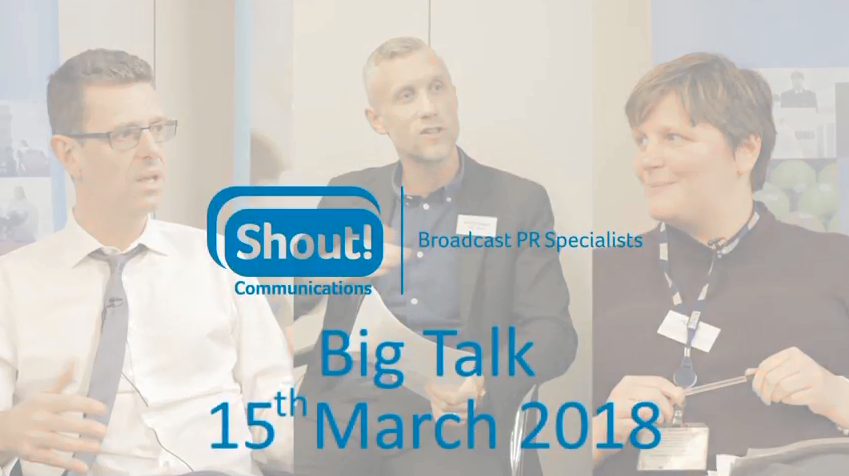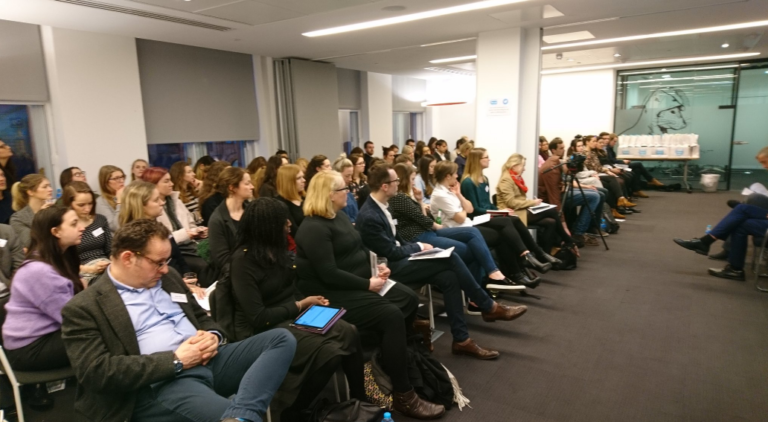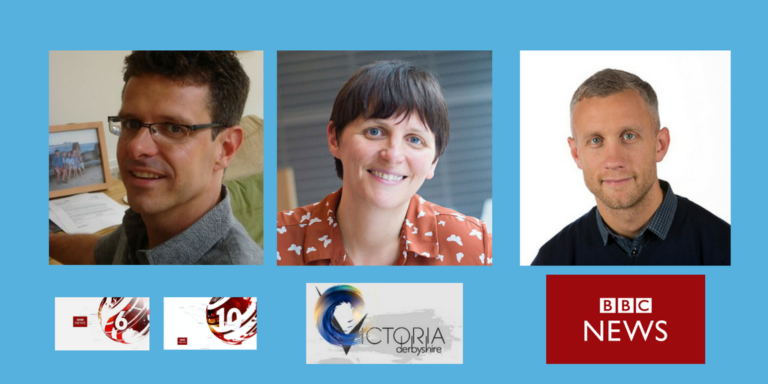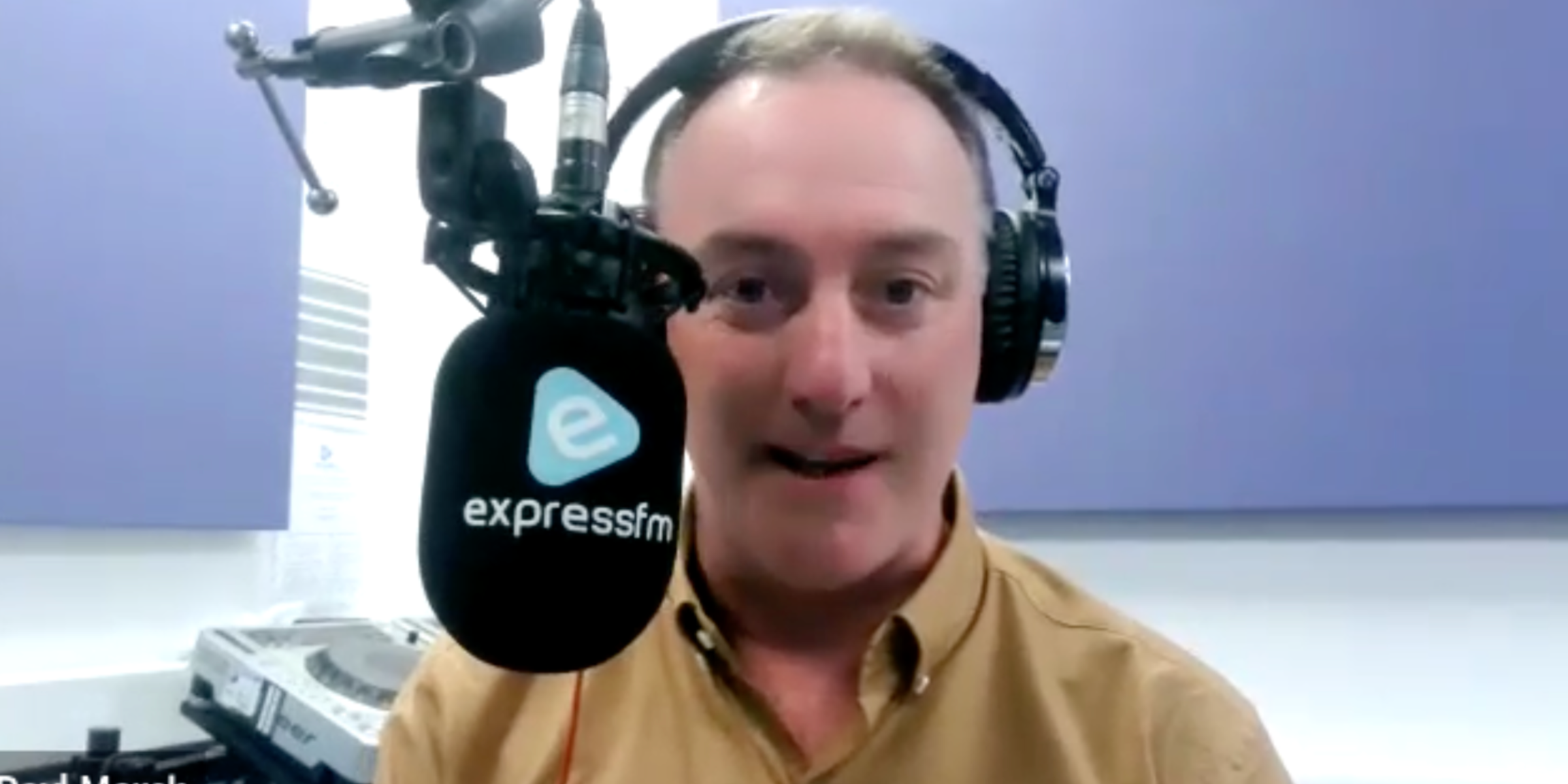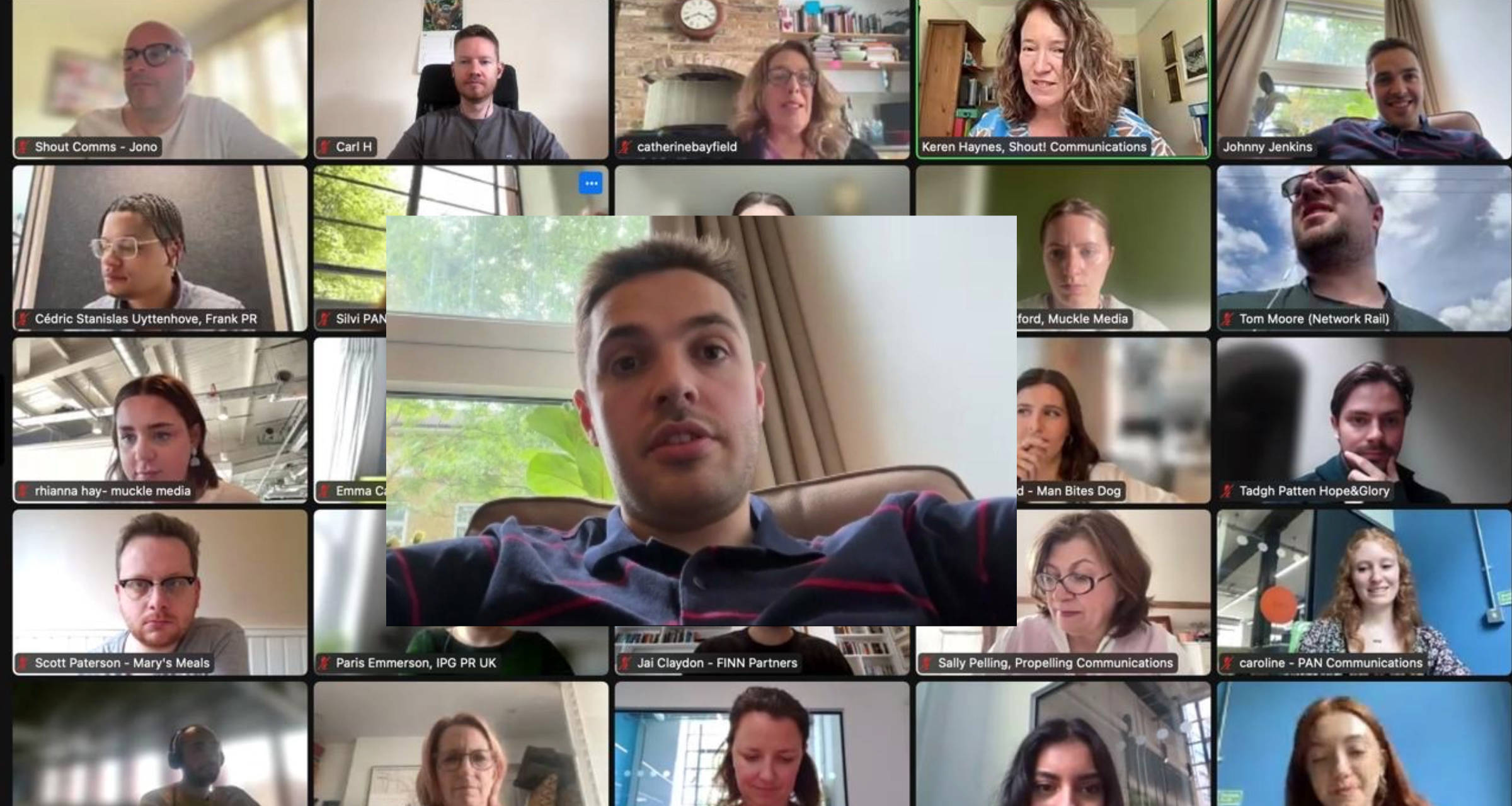BBC News likes certainty but needs change…that was the premise of the latest Shout! Communications’ Big Talk, featuring a prestigious panel of speakers including BBC UK News Editor Richard Burgess, Editor of the Victoria Derbyshire Programme Louisa Compton and Editor of BBC News at 6pm and 10pm, Paul Royall.
As Richard Burgess , who is responsible for all news gathering in the UK for the main BBC news bulletins and programmes, pointed out news is becoming more immersive, connecting stories with audiences, giving more resonance to the agenda of the day. It’s moving away from planned, “establishment” or “diary” news stories because they are deemed to be less and less relevant to viewers’ daily lives. A big organisation like the BBC needs a certain element of certainty to fill airtime but there is a feeling across the Beeb, that they may be missing the picture unless they dig below the surface more.
What makes a story – and, critically, how it is sourced – is changing. “There’s a whole conversation going on that perhaps a conventional organisation like the BBC isn’t tapped into”, remarked Paul Royall. “We are talking lots of steps to address that and keep up with that.” Adapting and approaching news in a different way is part of this strategy; for example, education stories now are less about interviewing government ministers and more about reflecting the attitudes of parents, teachers, students and children.
One of the biggest problems, according to Royall, is that there is too much news, particularly in the last 12 months when there has been an unprecedented news agenda. To cut through the competition the most successful stories have to be distinctive and focus on the human element. Viewing figures for his programmes, BBC News at 6pm and 10pm are an impressive total of 22 million people, a legacy of traditional viewing habits. For Royall, it was the Scottish referendum that was pivotal to the way these flagship bulletins have changed the way they cover stories, particularly when it they’re reflecting social change.
Programme Editor Louisa Compton said her brief is not to follow but produce original content. The programme has won a BAFTA and 3 Royal Television Society awards and they’re proud of setting their own news agenda. They cover stories that affect the audience and know their audience well. They aren’t afraid to be controversial, for example breaking the football abuse story. Their journalism changes lives and is public service journalism at its best: the team is not afraid to tackle difficult topics or to shock.
So what lessons could a room full of PR and communications professionals learn? That news is changing and that we need to adapt with it. It’s about thinking beyond the top line of a story and asking: why does this matter? How is this story relevant to a wide broadcast audience? What is the significance? Never has human interest, and case studies, mattered so much. The press release is still read, but it’s merely the key to the door: to get through the door you need to be able to communicate (by email or phone) to the broadcaster why a viewer would be interested.
